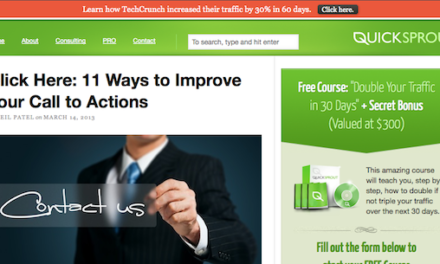The reading level for this article is All Levels
Sales scripts are a double edged sword. On one hand, they can help you present your selling points and sales rebuttals in an organized, strategic way. Used incorrectly, however, they can undermine your sales effectiveness and actually cause you to lose sales. Here’s a caveat worth considering: Although sales scripts may contain tried and proven tactics for converting sales prospects into customers, a surefire way to drive a wedge between you and your prospective clients is to sound like you’re reading a script or regurgitating memorized lines. Bridging the gap between salesperson and sales prospect often requires a conversational, informal delivery that won’t come across if you’re reciting a script.
All the World’s a Stage
One thing we often forget about in the world of business and in the business of life is to ‘lighten up’! Being too intensely serious and rigid can not only impair your ‘likeability factor’, but it can also cancel out a lot of the enjoyment you might derive from your business or career. Developing the ability to inject your presentations with a dose of personality, humor, and spontaneity can help you avoid sounding rehearsed and pushy. A certain amount of experimentation may be necessary to find out what works best for you, but that’s all part of the process.
Getting on the Same Wavelength
Flexibility is vitally important in developing rapport with a prospect and winning their confidence. If you’re adhering to a rigid script, then you’re not being responsive to their needs, concerns, and questions. Granted, listening and being empathetic is more of a challenge for some people than others, but if your success hinges on the ability to persuade and influence (and whose doesn’t?), then it’s a skill well worth cultivating. Very often the most fascinating, likeable, and persuasive people are the ones who have perfected the art of active listening.
Focus on Bullet Points
Rather than memorizing a sales script word for word, consider writing up an outline or a set of bullet points that you can impress on your mind. You may need to review the original sales script, every couple weeks, to make sure you’re ad-libbing effectively and accurately; but don’t lose sight of the way you’re communicating nonverbally, because that’s what your sales prospects are paying the most attention to.
It’s How You Say It
A lot of sales and marketing people tend to talk too fast, either because they’re so excited about what they’re selling or they’ve had one cup of coffee too many. Some may feel the need to talk fast if they have a lot of information to impart in a short period of time. Every situation is different, but in most cases, talking fast is major tactical error. First of all, it may make it difficult for your prospects to absorb the information you’re giving them (and if they’re confused, they’re not going to commit); and secondly&ldots; well, you know what they say about ‘fast talking salesmen’. One way to get a reality check, once or twice a year, is to videotape and critique mock sales presentations involving you a few of your associates. Getting their feedback and seeing yourself as others see you can be an effective way to iron out some of the wrinkles that may be thwarting your sales performance and limiting your income.


